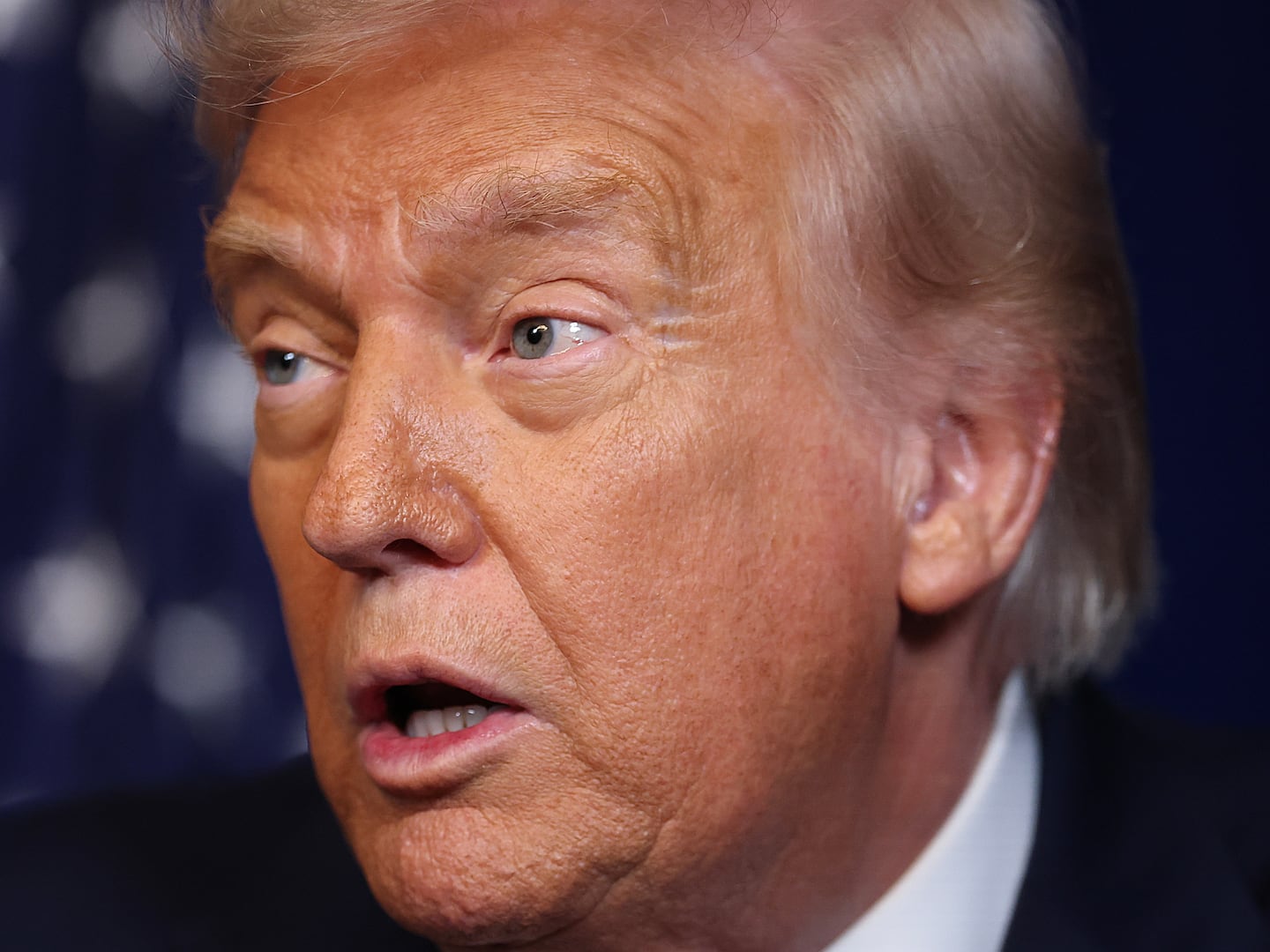After President Barack Obama announced on Wednesday his strategy for expanding the war against ISIS into Syria, Sen. Rand Paul offered his rebuttal, alleging that the war was unconstitutional without congressional authorization; it was an obvious move, being the “libertarian-ish” conservative that he is. Less duh was Paul's endorsement of the war itself: “This is an intervention, and I don’t always support intervention—but this one I support.”
Well, up to a point. Paul is OK with bombing Syria. He just doesn’t want to support the moderate rebels who are fighting ISIS—and the Bashar al-Assad regime—there. To foreign policy hawks, it’s a hopelessly naive, convoluted, possible flip-flop of a strategy.
The junior Kentucky senator and early front-runner for the Republican presidential nomination earned a reputation as a noninterventionist in no small part due to his fervent opposition to the U.S. over involving itself in the Middle East. As Assad gassed his own people, for example, Paul advised against U.S. involvement—warning that undermining Assad would result in a “jihadist wonderland.”
So it’s no surprise that Paul’s many critics pounced on his position that America should do everything in its power to combat ISIS. To them, it seemed like something of a 180. Earlier this week, Sen. John McCain took to Twitter to needle his longtime foe over his willingness to fight ISIS:
In his rebuttal to Obama's speech, Paul sounded plenty of noninterventionist notes before he issued his call to intervene against ISIS. In particular, Paul decried the removal of “secular dictators”: “We need to remember how we got here, and the reason we got here is because we took it upon ourselves to topple secular dictators who were the enemy of radical Islam. As bad as Assad is, he is an enemy of ISIS, an enemy of radical Islam.”
Paul added, "Every time the secular dictator has failed, chaos has arisen, and radical Islam has become dominant.”
Although Paul has been consistent that he would support intervention in instances where he felt it was warranted (like Afghanistan), he has often warned of the chain reaction that American military action could cause—leaving things worse off than they were to start with.
For Paul, ISIS meets certain “criteria” for intervention that Syria (and Obama’s attack on Libya) previously did not meet. According to a senior Paul aide, those criteria are: a direct threat to the U.S., a plan, and the ability to carry out that plan.
The senior Paul aide told The Daily Beast that the current Syria intervention is nothing like Obama’s proposed strikes in Syria last year. To this aide, these attacks were tantamount to “asking to intervene on the side of ISIS.” Paul has consistently charged that U.S. intervention paved the way for ISIS. Last week he told Sean Hannity: “I think it’s our intervention that really held Assad at bay, and Assad would have wiped these people out long ago.”
This does not take into account the fact that the Assad regime has often worked in concert with ISIS, not against the group; that moderate Syrian rebels have said that they received an insignificant amount of weapons from the U.S.; that Assad has contributed to the slaughter of an estimated 190,000 of his own people; or that many have alleged what really allowed for the rise of ISIS was America doing too little—not too much.
“No matter how Senator Paul describes his approach, it is inconsistent. He has repeated Syrian propaganda by once defending the regime against attack, and now he’s supporting Syria's preferred approach by supporting strikes on ISIS while leaving the Assad regime alone,” Chris Griffin, executive director of the hawkish Foreign Policy Initiative, told The Daily Beast. “The most important point—and the specifics that he’s advocating—is that he still opposes support for the moderate opposition inside of Syria… The Obama administration’s following of that type of approach has left the moderates alone for so long. That allowed [ISIS] to gain a foothold.”
As previously reported by The Daily Beast, Paul has assembled a high-powered, not-exactly-dovish team of foreign policy advisers who are helping him to clearly define his platform. The informal group includes Richard Burt, a former ambassador to Germany and State Department adviser to Ronald Reagan; Rob Givens, a retired U.S. Air Force brigadier general from Kentucky; Elise Jordan, Condoleezza Rice’s one-time speechwriter; and Lorne Craner, a former John McCain staffer and the head of the International Republican Institute. In interviews with The Daily Beast, Paul's team identified his worldview as being “realist” and most closely aligned with those of Presidents Dwight D. Eisenhower, George H.W. Bush, and Reagan.
Those in Paul’s corner argue that it is not Paul being inconsistent, but Paul observers not understanding the terms with which he has identified, like “noninterventionist,” and the terms with which he has been branded, like “isolationist.”
But Griffin told The Daily Beast that descriptors don’t matter as much as action: “Senator Paul can call himself whatever he wants. at the end of the day, this approach is inconsistent…You can’t solve a foreign policy problem by ignoring it from 7,000 miles. It’s because we haven’t done this so far that ISIS has been able to emerge.”






